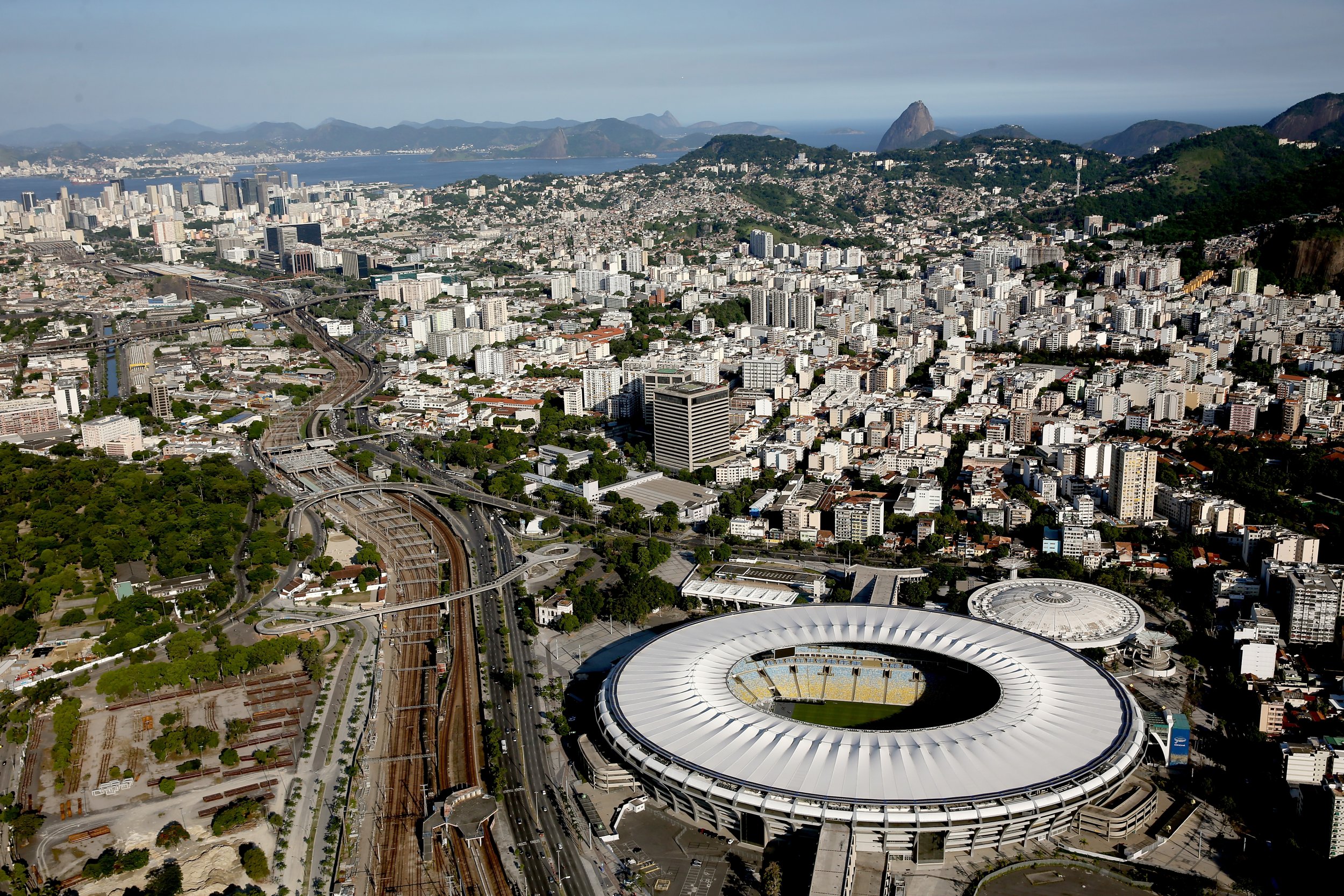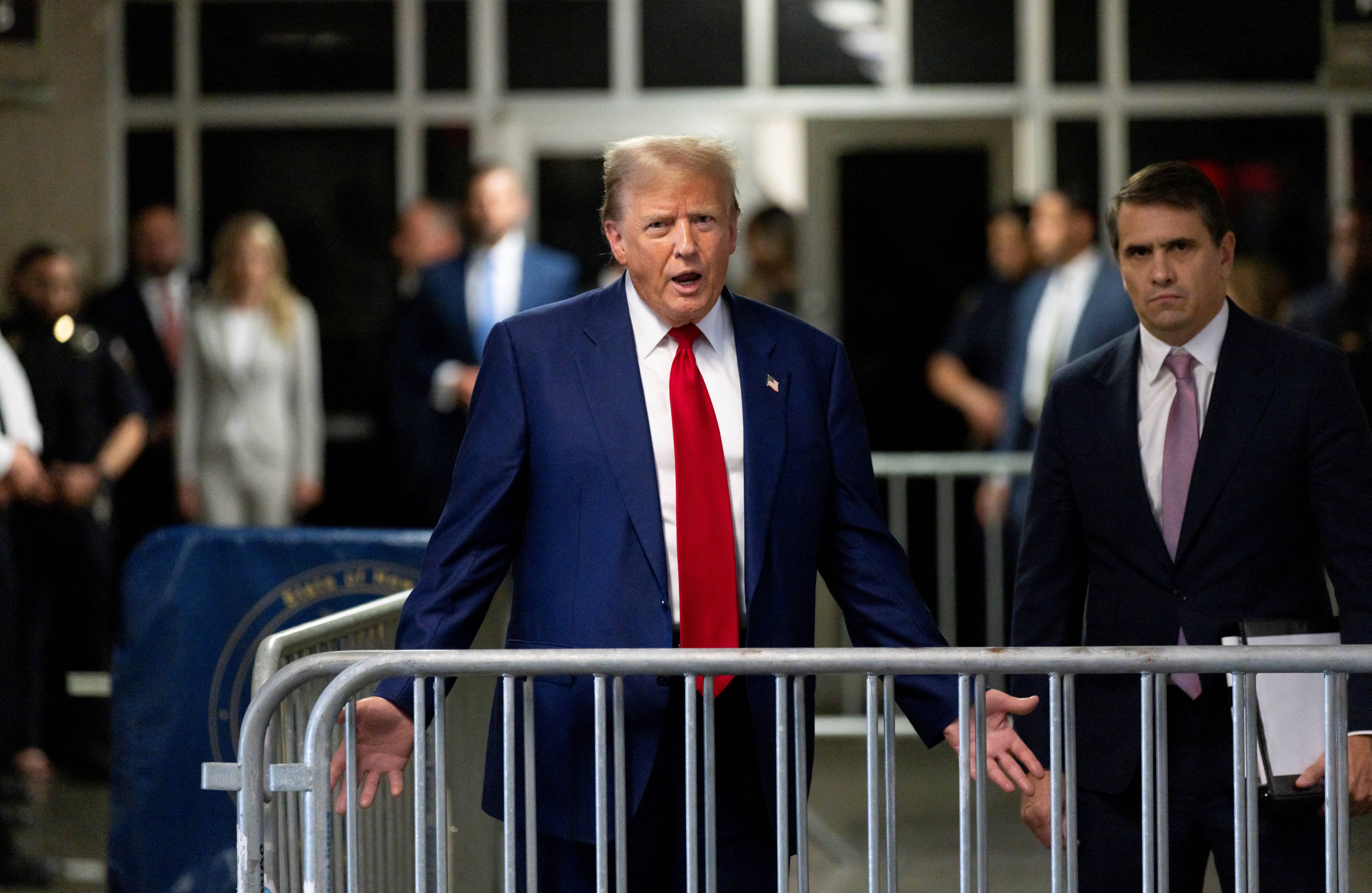
Britain felt like a rather tired and battered place in the first half of 2012. The global financial crisis had hit the U.K. economy hard, and the government had implemented deep and broad cuts in public services. Even the weather was awful: Summer began, and the rain was unrelenting. Britain did not seem like a country in the mood to throw a party.
Too bad; it had to. Seven years earlier, London had won the right to host the Summer Olympics, and there was no getting out of it now. To many, the games seemed like the wrong event at the wrong time. Not least because cash-strapped Austerity Britain, as it had become commonly known, surely had no hope of hosting a games as spectacular and smoothly run as Beijing 2008. That was Communist China's great opportunity to show off to the world. Its showcase venue was an astonishing building—the crisscross concrete and steel mesh of the Bird's Nest Stadium, designed by superstar Swiss architects Herzog & de Meuron and China's leading contemporary artist, Ai Weiwei. China's athletes excelled, winning 51 golds, 15 more than the second-placed United States. In the opening ceremony, performers seemed to fly through the air. Good luck matching that, London.
But it did. A few days before the ceremony, I went to pick up my press accreditation at London's Olympic Park, which had been kept largely hidden from the public. I walked through this former marshland and slum area in the city's East End and found myself utterly moved by what I saw. Olympic Park was huge but somehow cozy. It was beautiful—banks of wildflowers sprouted in unexpected places—and elegant. And over the next two weeks, it was the site of an event that turned out to be thrilling and joyful—for the spectators, the athletes and the much-loved volunteers.
So don't sweat it, Rio. Brazil, and its host city, certainly has some huge challenges. The mosquito-borne Zika virus is scaring some athletes and visitors away. Builders are racing to finish accommodations for the athletes. The budget has run way over. The government is in crisis. The rain forest remains under threat. Poverty and crime have not suddenly disappeared just because a sporting event is about to start. But we see a version of this every four years; pre-games complaining is almost an Olympic sport itself. And then the opening ceremony happens. Soon after that, the first medals are awarded. And by then the complaints have faded, and the world falls in love with an event that seems improbably pure and uplifting.
It all ends on August 21. But the Olympics is just the opening act. On September 7, another group of athletes takes to the field—the sportsmen and sportswomen of the Rio 2016 Summer Paralympics. "We're the superhumans" is the tagline of a promo for the TV coverage of the Paralympics in the U.K. To anyone blessed enough to see the London Paralympics four years ago, that description seems about right. Rio, the carnival city, is about to host two amazing parties in a row.
Uncommon Knowledge
Newsweek is committed to challenging conventional wisdom and finding connections in the search for common ground.
Newsweek is committed to challenging conventional wisdom and finding connections in the search for common ground.
About the writer
To read how Newsweek uses AI as a newsroom tool, Click here.








